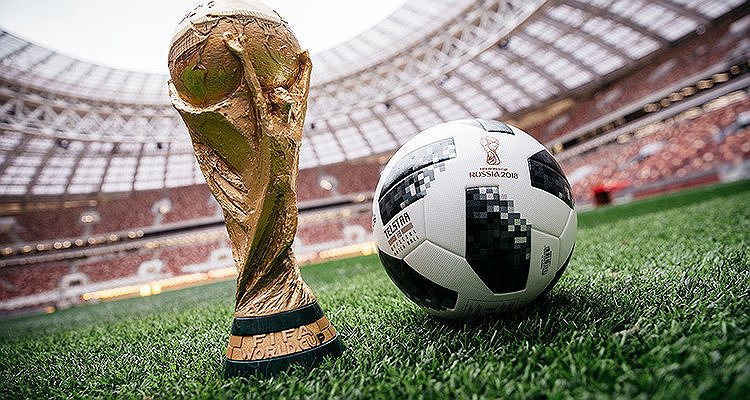LGBT football fans fear protection during the World Cup will end once the tournament has finished
Head of the Russiand LGBT Sport Federation believes the gay propaganda law is out of usage
By Steve Brown

LGBT football fans fear the protection given to them during the World Cup in Russia will disappear once the tournament has finished.
According to the head of the Russian LGBT Sport Federation, Aleksandr Agapov, Russian authorities have been relaxed in applying the country’s 2013 gay propaganda law with fans being able to wave rainbow flags in stadiums.
However, Agapov questioned whether the World Cup will have a lasting effect of the LGBT community in the country.
He told the Press Association: “In a way it is very good that Russia shows its opportunity, its possibility to be so open and inclusive but for me, as an LGBTI person, it is a huge question whether we will have a positive legacy of the World Cup when the World Cup is over.”
Although it is legal to be gay in Russia, the gay propaganda law bans the promotion of “non-traditional sexual relations” to under 18s but Agapov claims the law is “out of usage”.
He said: “The anti-gay legislation is out of usage.

“I was myself at the stadium at the opening and there were children next to me and I was waving a rainbow flag.
“So it was the case for implementing the anti-gay legislation. But they did not do it, why? That is the question.
“On other days, I’m pretty sure this legislation would have been applied in this case. The anti-gay legislation is still there, nobody is going to cancel it.”
He went on to say the foreign journalists’ questions about the security for travelling LGBT+ fans were used to suggest the issue wasn’t a domestic one.
“We move the issue from the field of human rights to the field of hospitality,” he added.
“And for them it is making the issuer easier to explain to the Russian audience because they present LGBTI as a western phenomenon, as their case, like, ‘We do not have gays here or they do not deserve the same treatment’.
“And I think this is important because the Russian audience read this between the lines of these official statements.”
